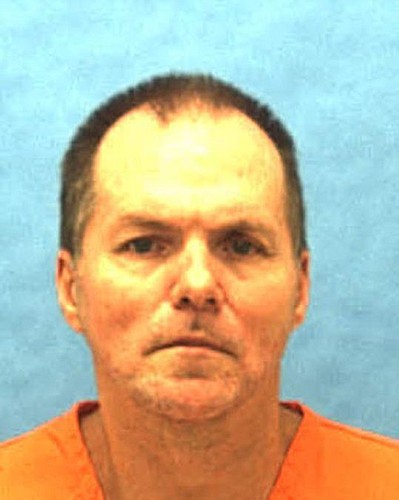
Lawyers for a death row inmate are asking the state’s high court for a rehearing after a majority of justices ruled last month that a major U.S. Supreme Court decision that struck down Florida’s death penalty sentencing system does not apply to defendants convicted before 2002.
Mark James Asay was convicted in 1988 of the murders of Robert Lee Booker and Robert McDowell in Downtown Jacksonville.
Gov. Rick Scott a year ago signed a death warrant for Asay, but the Florida Supreme Court put Asay’s execution on hold after the U.S. court’s decision last January in a case known as Hurst v. Florida.
That ruling, premised on a 2002 case known as Ring v. Arizona, found Florida’s system of allowing judges, instead of juries, to find the facts necessary to impose the death penalty was an unconstitutional violation of the Sixth Amendment right to trial by jury.
Florida lawmakers hurriedly rewrote the law, requiring jurors to unanimously find that at least one aggravating factor exists before a defendant can be eligible for a death sentence and requiring at least 10 jurors to recommend death for the sentence to be imposed.
But the Florida Supreme Court in October struck down part of the new law, finding it was unconstitutional because it did not require unanimous jury recommendations for death sentences.
On Dec. 22, a majority of the court ruled in the case of John Mosley that the Hurst ruling should apply to cases finalized after Ring was decided.
In a separate decision the same day, the majority lifted the stay of execution in Asay’s case.
Asay’s lawyer, Martin McClain, asked the court Friday for another hearing.
McClain argued the majority used two separate kinds of analyses regarding retroactivity to decide whether Mosley and Asay are entitled to new sentencing hearings.
McClain argued the seemingly contradictory decisions — allowing Mosley to have a resentencing hearing, while denying a new hearing for Asay — violate Eighth Amendment protections.
“Concurrences and dissents in both Asay and Mosley will inject arbitrariness into Florida’s capital sentencing law,” McClain wrote in the 64-page request.